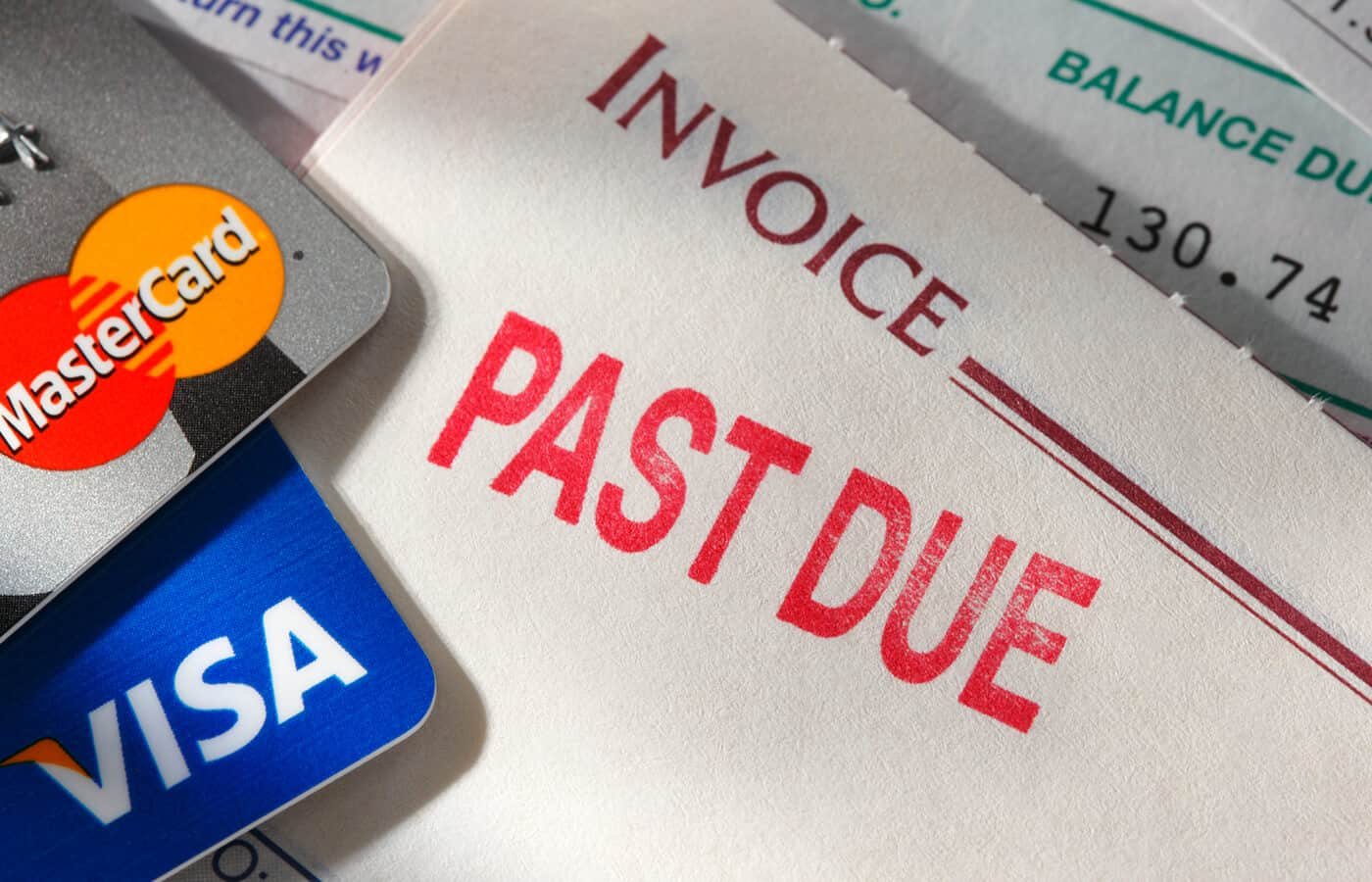Introduction
Late payments on your credit accounts can have a significant impact on your credit score and overall financial health. In this blog, we’ll guide you through the process of handling late payments and how to negotiate with debt collectors and creditors to minimize the damage. Let’s dive into these crucial aspects of credit management.
Understanding the Impact of Late Payments
Before we discuss how to handle late payments, it’s essential to comprehend the consequences. Late payments occur when you fail to make the minimum required payment on a credit account, such as credit cards, loans, or mortgages. Here’s how they affect your credit:
Credit Score Drop: Late payments can cause your credit score to plummet. Your payment history makes up a significant portion of your credit score, so timely payments are vital.
Negative Mark on Credit Report: Each late payment is typically reported to credit bureaus, appearing as a negative mark on your credit report. These marks stay there for several years.
Higher Interest Rates: Late payments can lead to higher interest rates on your existing accounts and may affect your ability to secure new credit in the future.
Now that we understand the implications, let’s explore how to manage late payments.
Step 1: Assess the Situation
Start by assessing the scope of your late payments. Review your credit reports from all three major credit bureaus (Equifax, Experian, and TransUnion) to identify which accounts have late payments and their severity.
Step 2: Communicate with Creditors
Contact your creditors or lenders as soon as you realize you’ll be making a late payment. Explain the reason for the delay, whether it’s due to a temporary financial setback, an oversight, or another valid reason. Sometimes, they may be willing to work with you to avoid reporting the late payment to credit bureaus.
Step 3: Set Up Payment Arrangements
In some cases, creditors might allow you to set up a payment arrangement, which could involve temporarily reducing your monthly payment, deferring a payment, or extending your repayment term. It’s crucial to get any agreements in writing to protect both parties.
Step 4: Negotiate with Debt Collectors
If your account goes into collections, you may have to deal with debt collectors. While this can be a stressful situation, remember that you still have rights. Here’s how to navigate negotiations with debt collectors:
Request Validation: Ask the debt collector to provide written validation of the debt, including the amount owed and the creditor’s information. This helps ensure you’re dealing with a legitimate debt.
Negotiate a Settlement: Debt collectors may be open to settling the debt for less than the full amount. Negotiate to reach a mutually acceptable agreement.
Payment Plans: If you can’t settle the debt in a lump sum, inquire about setting up a payment plan that fits your budget.
Request for Deletion: If you agree on a settlement, ask for a “pay-for-delete” arrangement. In this scenario, the debt collector agrees to remove the negative mark from your credit report upon payment.
Final Thought
Managing late payments and negotiating with debt collectors and creditors is a crucial part of maintaining a healthy credit profile. By addressing late payments promptly, communicating with creditors, and understanding your rights when dealing with debt collectors, you can work towards mitigating the negative impact on your credit score and take steps towards a more stable financial future.


